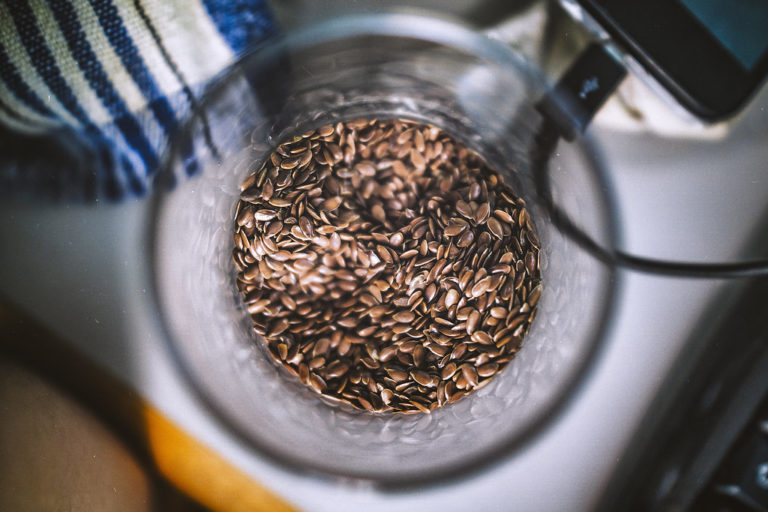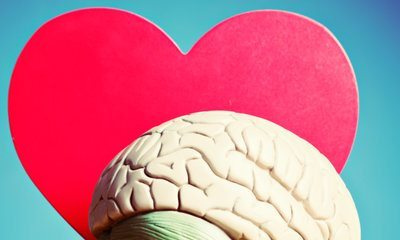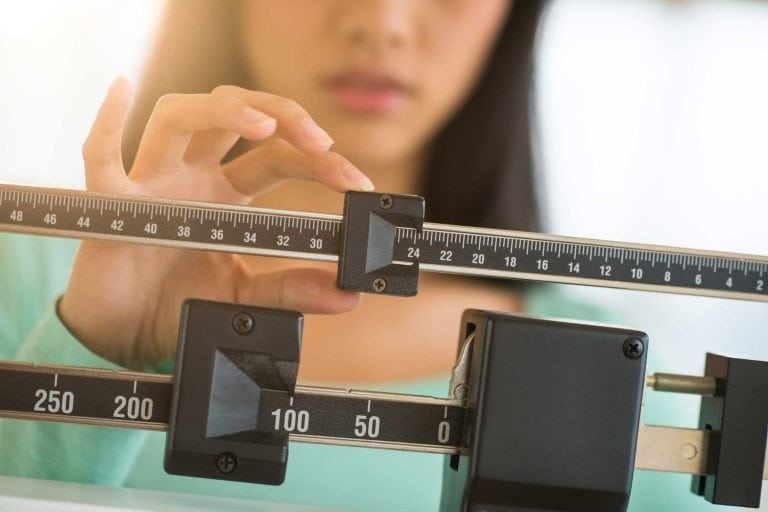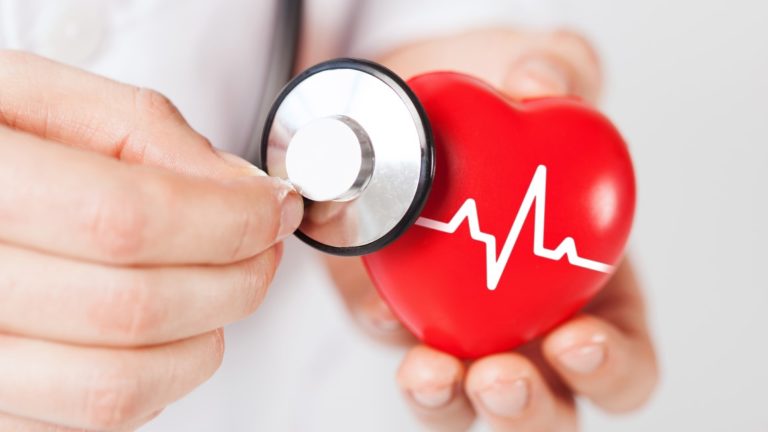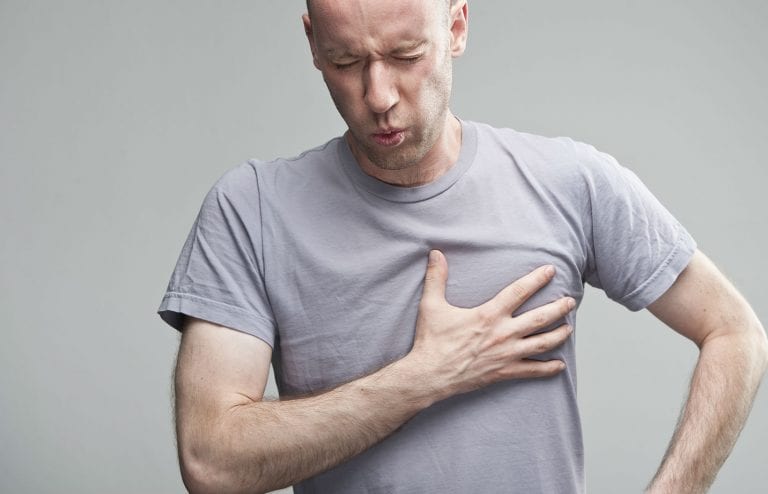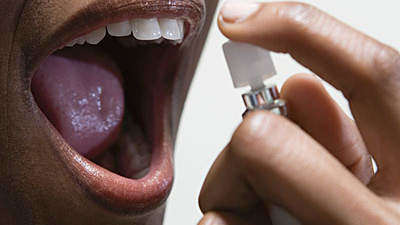
A stroke is one of the leading causes of disability in adults. There are two kinds — hemorrhagic (a brain bleed) and ischemic (a blood clot) — that are triggered by different factors. Some of them can’t be controlled, like age, family history, gender and race, but others can be. You can’t turn back time and start a healthier life, but you can practice these everyday habits that can reduce your risk of stroke.
Eat healthy
Eating a healthy diet is huge when it comes to stroke prevention. Choose low-fat, low-salt foods, and fresh fruits and vegetables. Some studies say bananas, oranges, avocado, cheese and yogurt may significantly lower your risk of stroke, but there’s a lot more to choose from, because These Foods Can Cut Your Risk of Stroke.
Drop pounds if necessary
Obesity increases your risk of having a stroke. The ideal BMI is 25 and below for adults, but you should consult a doctor before settling on a personal goal. The higher the BMI, the higher the risk for heart disease, elevated blood pressure, diabetes, gallstones, osteoarthritis, sleep apnea and cancer.
Control your blood pressure
High blood pressure can weaken your vessel walls, causing them to rupture and leak blood into your brain. In other cases, they can narrow your vessels and block blood flow to the brain via clot.
Exercise more
Exercise can help you lose weight and lower your blood pressure. Take the stairs instead of the elevator or take a walk around your neighborhood until you’re breathing hard but are still able to talk. Aim to exercise at a moderate intensity five times a week or more.
Drink in moderation
Abstaining from alcohol is ideal, but if you like to indulge, do it in moderation. One drink is safe, but two or more per day can raise your blood pressure drastically and increase your risk of stroke. Portion sizes vary by alcohol type. A standard pour of wine is 5 ounces, beer is 12 ounces and liquor is 1.5 ounces. Which is best? Red wine, because it contains resveratrol, which protects the heart and brain.
Keep your cholesterol levels in the normal range
High cholesterol can block blood flow in the arteries, meaning your brain won’t get the oxygen it needs to function properly. High cholesterol also increases your risk for heart disease and atherosclerosis.




